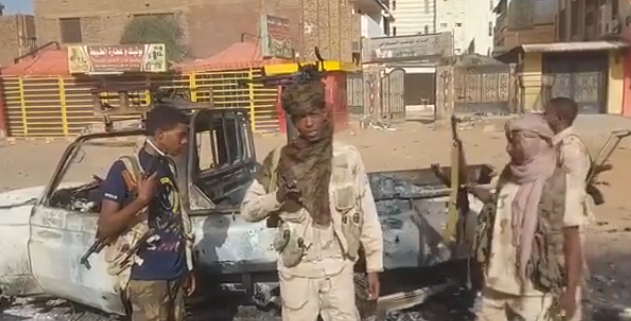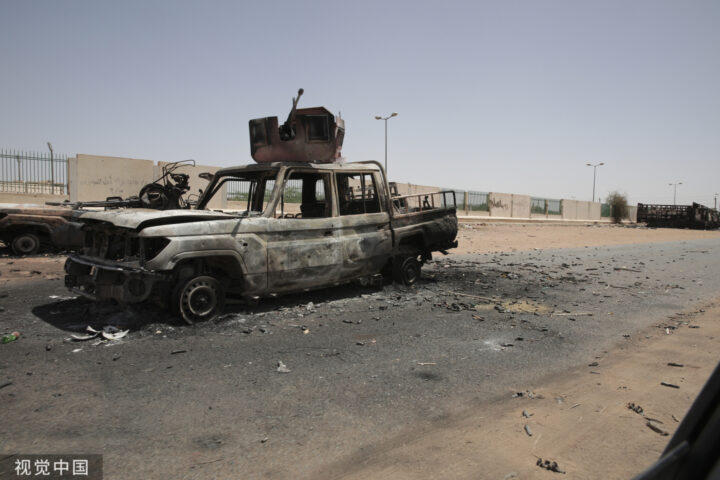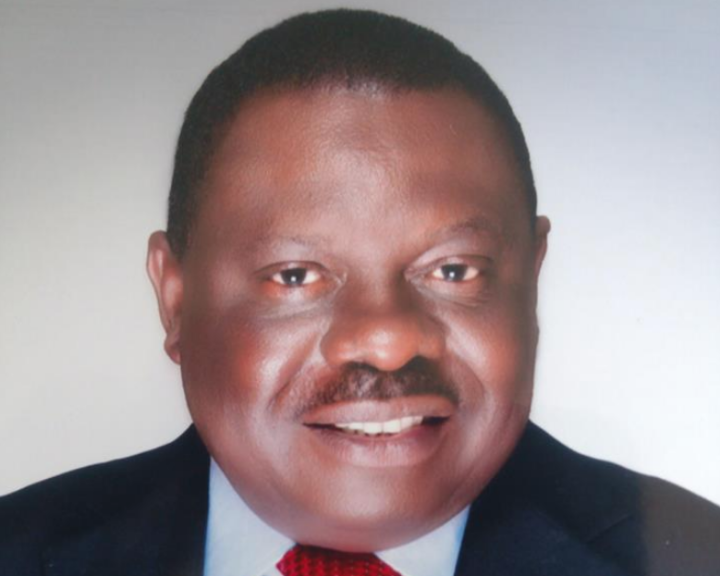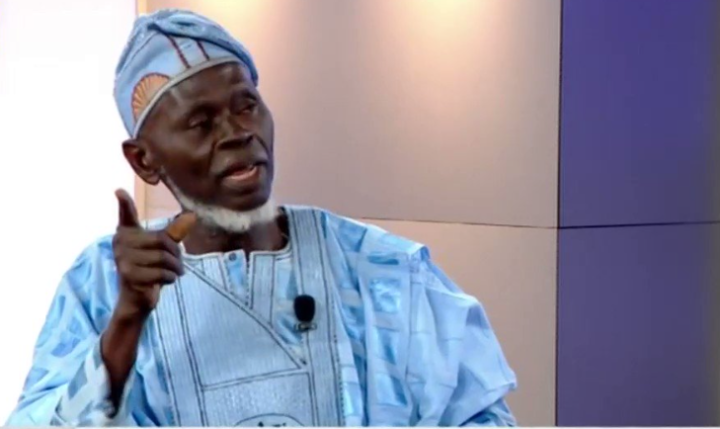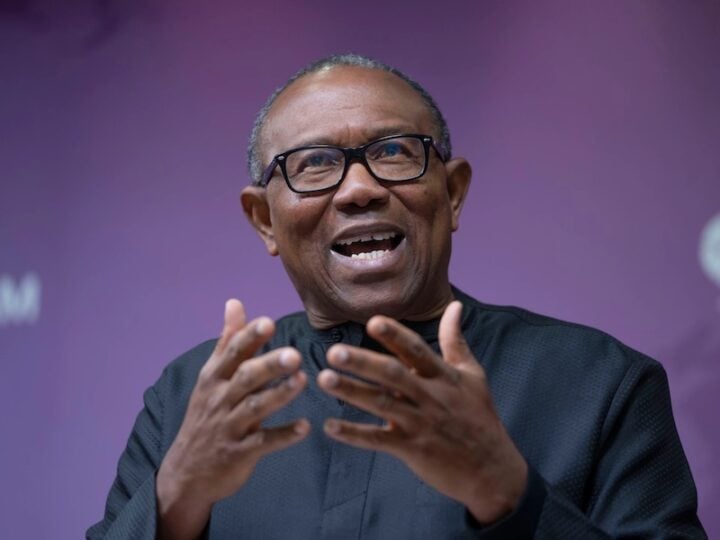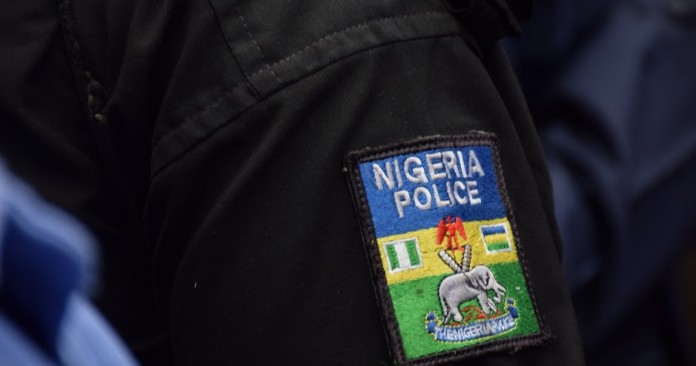Two men are struggling for power in Sudan but it is thousands of innocent people who have to pay the price.
What started out as friendship and deep alliance between Abdel Fattah al-Burhan, Sudan’s military leader, and Mohamed Hamdan Dagalo, al-Burhan’s deputy and commander of the Rapid Support Forces (RSF), a paramilitary group, have metamorphosed into days of chaos and bloodshed dominating global news coverage.
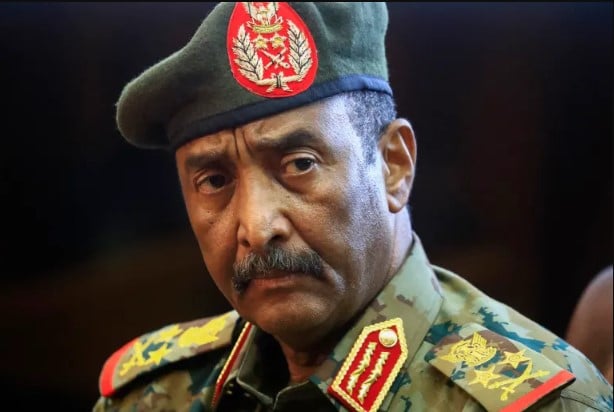
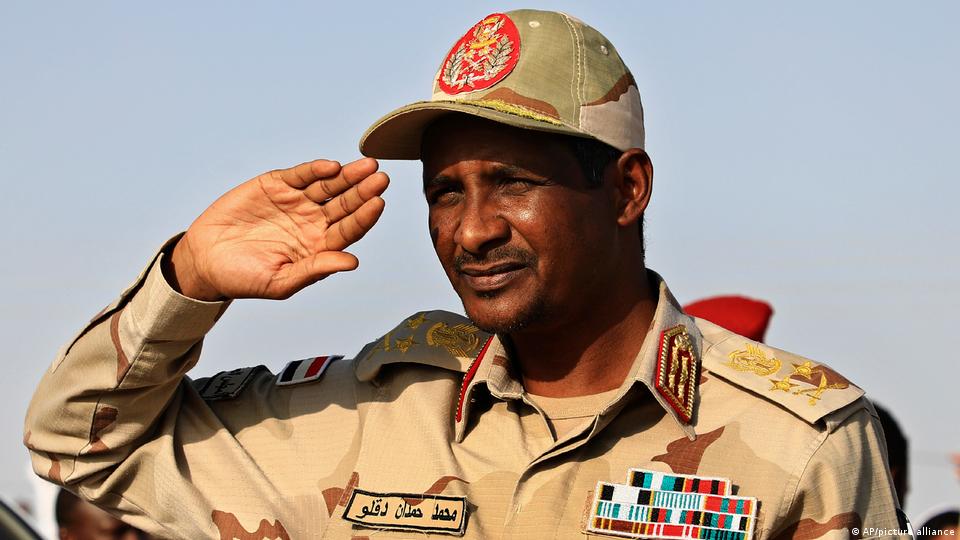
WHO ARE THE TWO MEN AT THE CENTRE OF THE TUSSLE?
The RSF was created in 2013, evolving from the Janjaweed militias, a notorious group accused of war crimes in the Darfur region. The group was also held responsible by the International Criminal Court (ICC) for alleged acts of genocide.
Advertisement
During the Darfur conflict in the 2000s, the government used the group to help the army put down a rebellion. And in 2017, a law legitimising the RSF as an independent security agency was passed.
While all this was happening, Dagalo was working his way up the ranks. As head of the RSF, Dagalo has faced accusations of overseeing the bloody crackdown of pro-democracy activists, including the massacre of 120 protesters in 2019.
Although al-Burhan played an active role in the country’s military during the Darfur conflict, he did not become prominent until 2019 when he instigated the coup of his principal, former President Omar al-Bashir.
Advertisement
As the military head, he had been closely aligned with al-Bashir. When the president was ousted, Mohamed Ibn Auf, the then-defence minister, became Sudan’s new leader. Two years later, Auf “stepped down and appointed” al-Burhan as his replacement.
Meanwhile, civilians and the country’s military signed a power-sharing agreement in 2019, where al-Burhan was the chairman of the sovereignty council, a body that would oversee the country’s transition to democratic rule.
But as the date for the handover of power to civilians got closer in late 2021, al-Burhan seemed reluctant to hand over power — one of the reasons for the tension that caused the latest eruption of violence in the country.
WHERE THE TENSION BEGAN
Advertisement
The tension between al-Burhan and Dagolo started a few years ago. In 2019, the duo worked together to oust al-Bashir. Failed democracy and violent rule were cited as reasons for al-Bashir’s removal. Al-Burhan and Dagolo later reunited to stage a coup that placed the former in position as Sudan’s ruler.
Soon, friendship was tested and tension began to arise during negotiations to integrate the RSF as plans to restore civilian rule and unify the country’s power system.
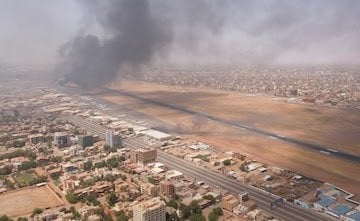
The key question: who would submit to the other in the hierarchy of the new government?
Both the army and the RSF were required to cede power under the plan and two issues proved particularly contentious. One was the timetable for the RSF to be integrated into the regular armed forces, and the second was the timing for when the army would be formally placed under civilian oversight.
Advertisement
Dagalo saw that as an act of betrayal since he helped al-Burhan keep Sudan’s military in power all through the years. The latter saw it as a question of authority — an almost unforgivable offence in the military — given his undisputed role as Sudan’s overall leader.
At the moment, Sudan is boiling.
Advertisement
WHERE DOES THIS LEAVE SUDAN?
When the fighting will end is unclear. Sudan is no stranger to violent upheavals. But because the centre of the fight has been in Khartoum, Sudan’s capital, many civilians have been caught in the middle of the crossfire. Hundreds have died and thousands have sustained injuries. Residents have been stranded at home and in shelters without food or water, and those who have managed to flee have done that under extreme circumstances.
Advertisement
Many foreign countries including Nigeria have made attempts to rescue stranded citizens but have been met with stumbling blocks.
International bodies including the United Nations (UN), the World Health Organisation (WHO), the African Union (AU), and other world leaders have expressed deep concern over the situation and have asked Dagalo and al-Burhan to embrace peace. The pleas have fallen on deaf ears. The situation is gloomy for a country that has experienced years of humanitarian crisis and famine, leaving hundreds to starve.
Advertisement
Several ceasefire “agreements” by both sides, including a three-day halt to mark Eid al-Fitr, the Muslim holiday which started on Friday, have been ignored minutes into the truce launch.
However, Antony Blinken, United States secretary of states, said the military and the RSF had agreed to hold fire for 72 hours starting from midnight on Monday.
Blinken said it was a step in brokering a permanent halt to the violence.
RSF said it would honour its end of the deal and asked the army to do the same. Time would tell if both sides would honour their words or give up innocent citizens in a struggle for power.
